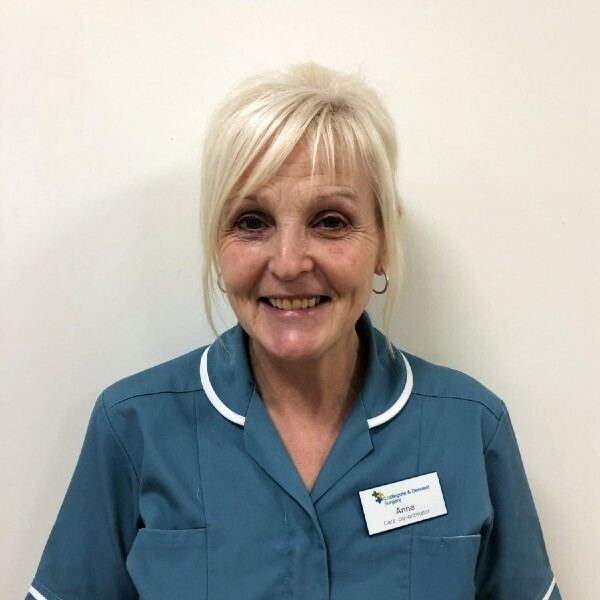We use cookies to help provide you with the best possible online experience.
By using this site, you agree that we may store and access cookies on your device. Cookie policy.
Cookie settings.
Functional Cookies
Functional Cookies are enabled by default at all times so that we can save your preferences for cookie settings and ensure site works and delivers best experience.
3rd Party Cookies
This website uses Google Analytics to collect anonymous information such as the number of visitors to the site, and the most popular pages.
Keeping this cookie enabled helps us to improve our website.
Care Coordinator Team
Care Coordinators
Our Care Coordinators are based at the surgery to provide patients normally age 65 and over with support to manage their health and wellbeing. Using a flexible approach our appointments are available either at the surgery or as a home visit.
They can offer a friendly chat with patients, families and carers about services that are available in the community which may help to remain independent at home. Also available for ongoing or short term support to help patients manage their health needs, including preparing Care Plans for future care decisions.
Social Prescriber
What is social prescribing? Social prescribing involves helping patients to improve their health, wellbeing and social welfare by connecting them to the wider network of community services which might be run by the council or a local charity or organisation. Recognising that people’s health is not only affected by physical and mental health issues, but also by a wide range of social, economic and environmental factors, for example:
- Where a patient’s social need is not being met which is contributing to their low mood;
- Where a patient is not accessing the services available to them which could prevent quality of life and a risk of further issues.
- Where non-medical options are needed, for example weight management
- Where a patient or their carer might benefit from non-medical support.
- Long term health conditions which affects their social and psychological wellbeing and would benefit from further non-medical support
- Where patients are caring for others and it impacts on their own quality of life.
By offering holistic solutions to individuals’ needs, patients become more directly involved in their care planning and encouraged to take more control of their own health.



